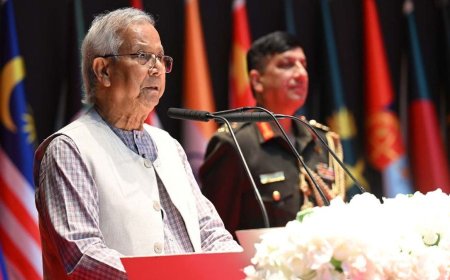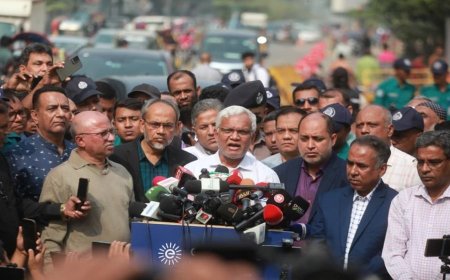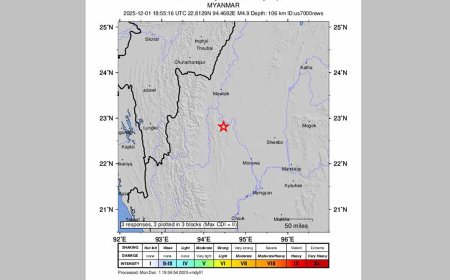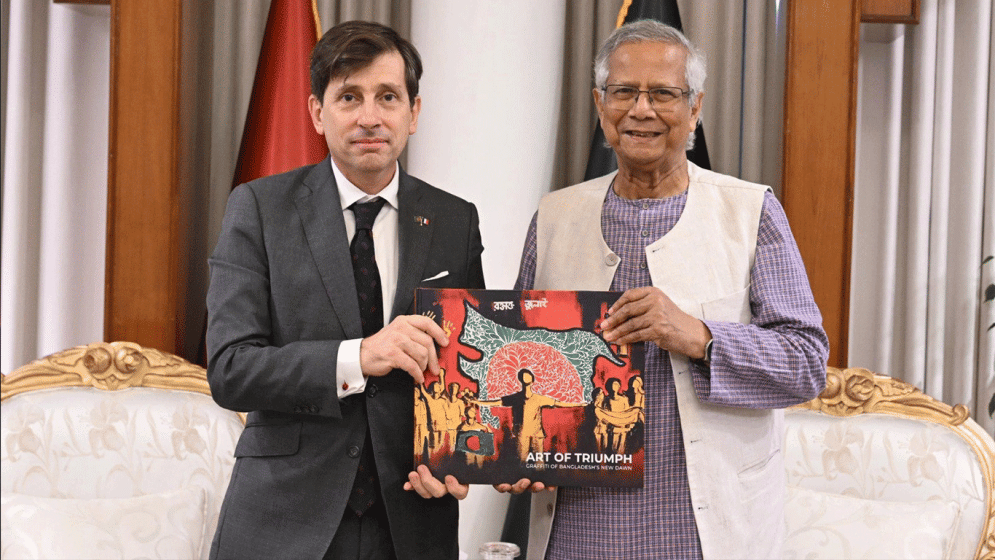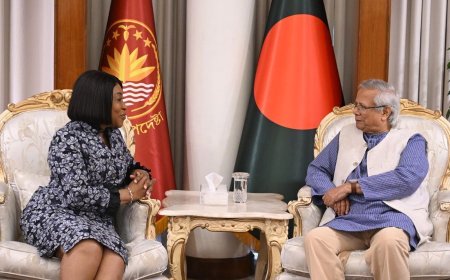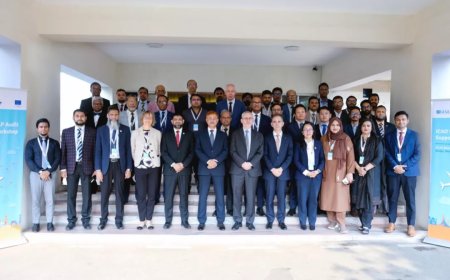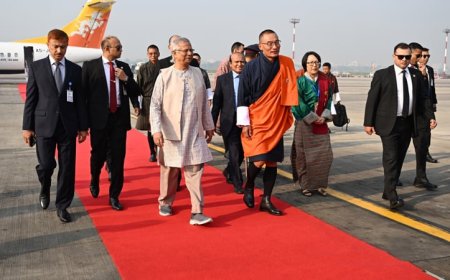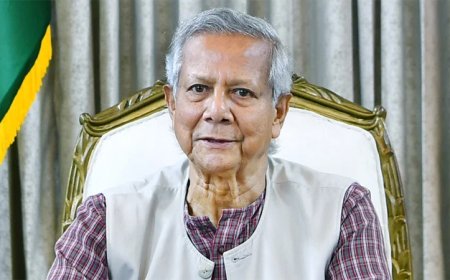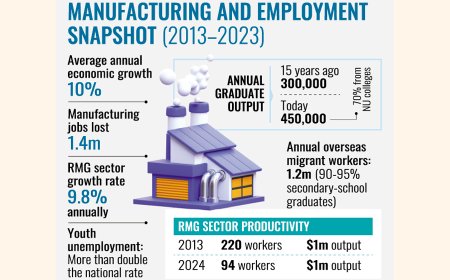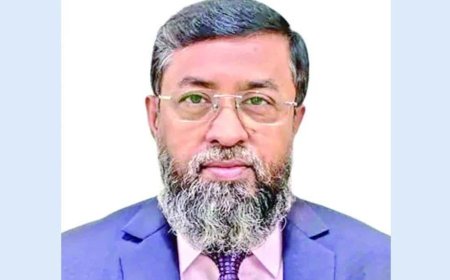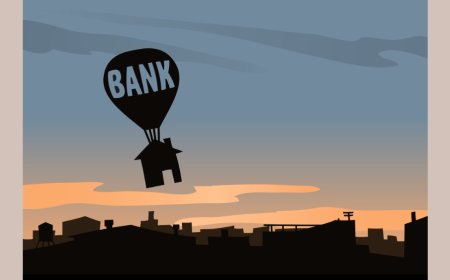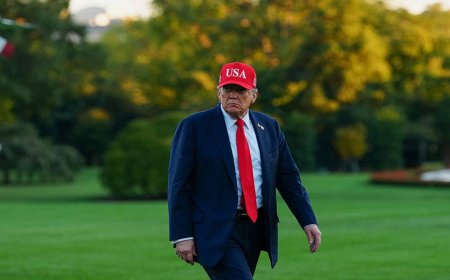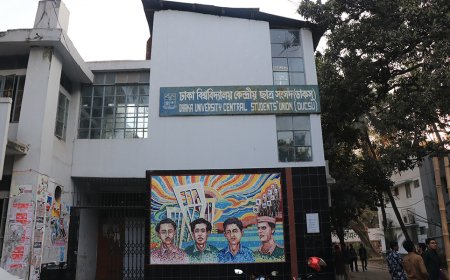100 Days of the Interim Government: Public Trust in Law Enforcement Remains Unrestored
100 Days of the Interim Government: Public Trust in Law Enforcement Remains Unrestored
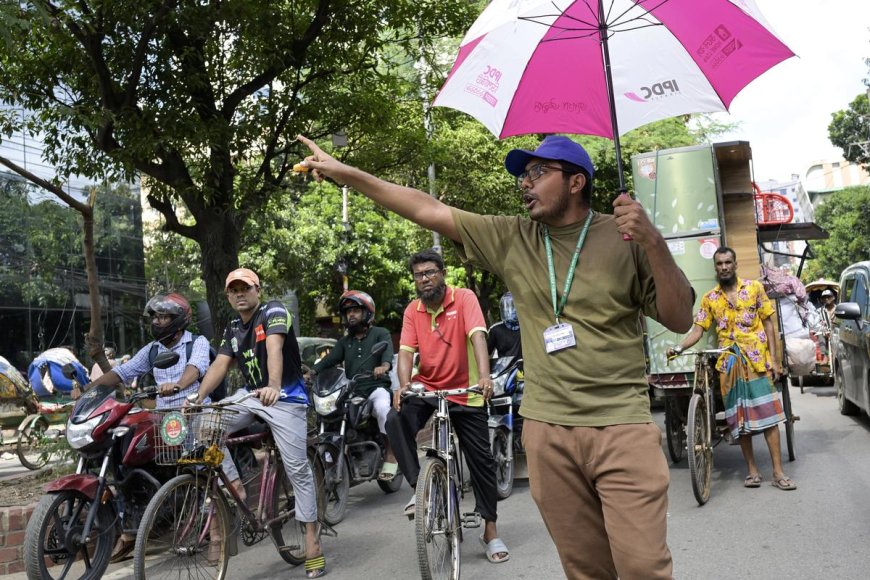
Since the fall of Sheikh Hasina’s government 100 days ago in the wake of a student-led uprising, the interim administration has faced persistent challenges in restoring public trust and improving law enforcement effectiveness. Despite some progress, the police force remains disorganized, and confidence in their abilities has not been fully regained.
Challenges in Policing
The police, severely disrupted during the transition, have made visible strides, recovering from near inactivity. However, public expectations have grown while trust in the force remains fragile. Many police officers, particularly those recently transferred, struggle to adapt to new assignments. For instance, over half of Dhaka Metropolitan Police (DMP) members are new to the city and unfamiliar with its complex network of streets. Home Adviser Jahangir Alam acknowledged these challenges, stating that it will take time for officers to establish networks and familiarize themselves with their areas.
Sources indicate that uncertainty among officers hampers their performance, while efforts to rebuild morale are ongoing. Distrust rooted in the police's controversial role during the previous regime, including alleged oppression and the violent suppression of dissent, further complicates recovery efforts.
Impact on Law and Order
The disruptions have led to a rise in crime across the country, including thefts and robberies in Dhaka. Although the police claim improvements since October, many officers remain apprehensive about facing legal action for past actions. This anxiety, coupled with the reorganization of leadership positions, has slowed efforts to restore normalcy.
At the grassroots level, resource constraints exacerbate the problem. Damaged police stations and the loss of vehicles, weapons, and equipment during the uprising have hindered operations. With 114 stations damaged and thousands of weapons and rounds of ammunition still unrecovered, many officers operate from temporary or makeshift facilities, affecting their ability to patrol effectively.
Joint Operations and External Support
To stabilize the situation, joint operations involving the police, armed forces, Border Guard Bangladesh (BGB), and Rapid Action Battalion (RAB) have been intensified. The army has played a significant role, recovering over 6,000 illegal weapons and 200,000 rounds of ammunition while arresting more than 2,500 individuals. Similarly, RAB has conducted thousands of raids targeting robbery, mugging, and organized crime, resulting in significant arrests.
Efforts Toward Recovery
Police headquarters have initiated measures to rebuild morale and operational capacity, including renovating facilities and acquiring new vehicles. New leadership appointments aim to address the lingering disorganization, but tensions remain, as some professional officers face sidelining due to political affiliations.
The interim government faces a daunting task in addressing the public’s deep-seated distrust of law enforcement while combating rising crime. Achieving these goals will require continued collaboration among security agencies and effective leadership to rebuild the police force’s confidence and capabilities.
What's Your Reaction?








